How AI is Shaping the Future of Hiring: Key Insights from Indeed’s Global Survey
- Jordan Greenfield
- Sep 13, 2024
- 3 min read
The employment landscape is being rapidly reshaped by advancements in artificial intelligence (AI). A recent survey conducted by Indeed, encompassing 7,275 respondents across the U.S., U.K., Canada, France, Germany, Japan, and India, sheds light on how both job seekers and HR/talent acquisition (TA) leaders view AI's transformative influence on hiring processes. The findings reveal a blend of enthusiasm, caution, and insightful guidance on integrating AI effectively.

AI Adoption in Hiring: A Global Snapshot
AI's footprint in the hiring process is notable, with 87% of HR/TA leaders already utilizing AI tools for tasks such as resume summarization, job description writing, and interview question generation. Job seekers are not far behind, with 70% leveraging AI for company research, drafting cover letters, and preparing for interviews. This shows that AI is becoming an indispensable tool in talent acquisition and job search strategies.
Benefits vs. Concerns: The Balancing Act
The survey results present a dual narrative of optimism and apprehension:
Productivity and Skill Enhancement: A significant 78% of HR/TA leaders and 65% of job seekers anticipate that AI will increase productivity, allowing them to focus on strategic, human-centric work.
Job Security Fears: Despite this optimism, job displacement remains a concern, with 51% of respondents predicting that AI may replace more jobs than it creates.
The integration of AI also brings to light the challenge of maintaining fairness. Concerns about bias in AI training data persist, with 53% of HR/TA leaders and 54% of job seekers expressing apprehension.
Regional Perspectives: Varying Degrees of AI Embrace
The adoption and perception of AI vary by region. In India, 98% of HR/TA leaders and 91% of job seekers report active use of AI in their work, indicating a high level of confidence in AI's potential. Conversely, Japan shows hesitation, with over one-third of HR/TA leaders and more than half of job seekers not using AI tools. In France, concerns about AI's impact are more pronounced, highlighting cultural and economic factors that influence how AI is viewed.
Best Practices for Responsible AI Use in Hiring
The survey underscores that while AI offers significant benefits, its responsible use is crucial. Key recommendations include:
Bias Audits and Ethical Oversight: Organizations must conduct thorough audits of AI tools to identify and mitigate biases.
Transparency and Inclusion: Companies should ensure that AI-generated outputs, like job descriptions, are reviewed by experts who understand inclusive hiring practices.
Regulatory Compliance: Adapting to emerging legal requirements, such as those in New York City that mandate third-party audits of automated hiring systems, is essential.
The Future Outlook: More Tools, More Opportunities
Indeed is actively expanding its suite of AI tools, including features like Candidate Highlights and Smart Messages, which streamline communication between employers and candidates. Innovations such as the Smart Sourcing tool, set to launch in 2024, promise to make the hiring process faster and more responsive.
Conclusion
The insights from Indeed's global survey illuminate the transformative yet complex role of AI in hiring. As AI continues to evolve, it is vital for companies and job seekers alike to remain informed, adaptable, and vigilant about the ethical implications. Harnessing AI responsibly can lead to enhanced productivity, enriched job roles, and a fairer hiring landscape.
Explore AI solutions that enhance your HR processes and discover more about responsible AI practices by contacting Integrated AI Solutions today.




Comments